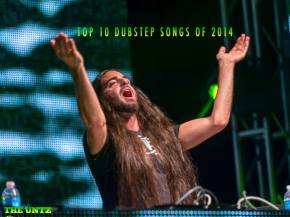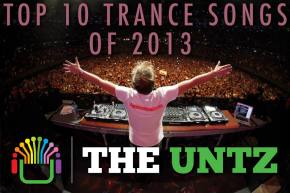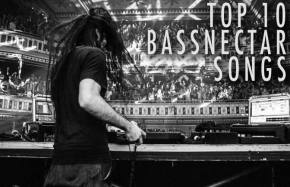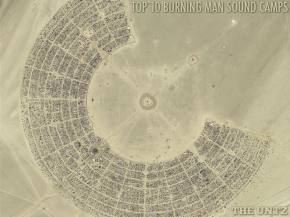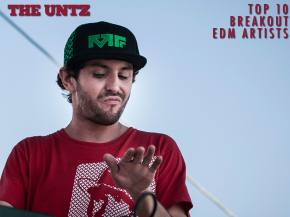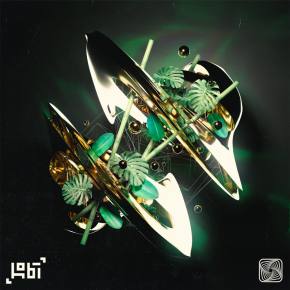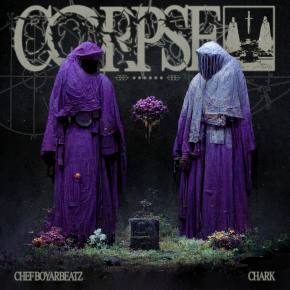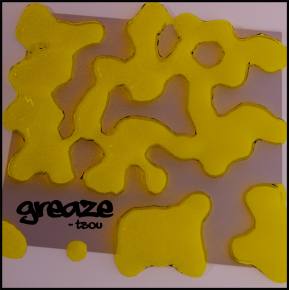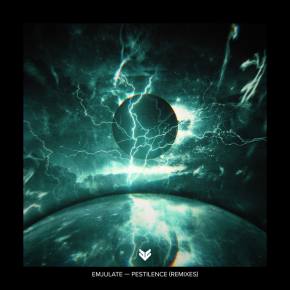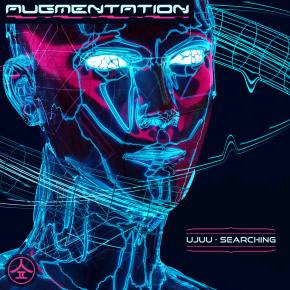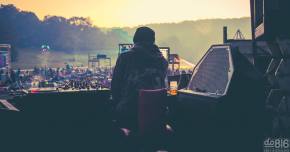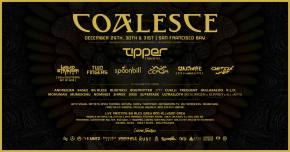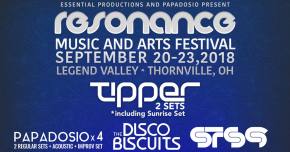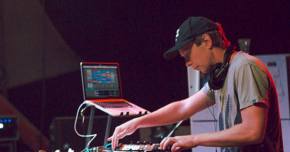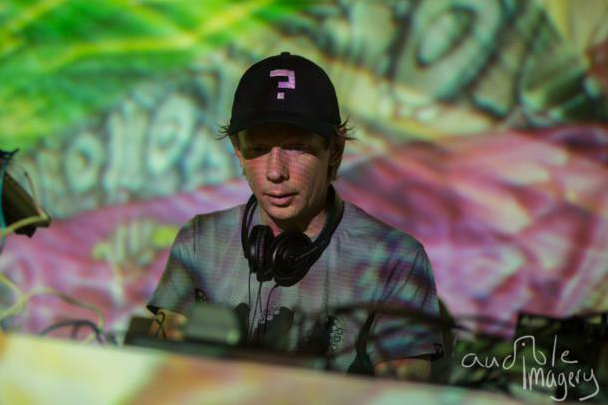 Due to pressing health concerns, Dave Tipper has announced Wakarusa and Infrasound Music Festival, both taking place this weekend, are his only two confirmed performances for the summer of 2013. Additionally, he has confirmed he will be joined in performance by live digital painter Android Jones in closing the main stage this Thursday night at Waka, and will be playing a headlining set with Andrew at Infrasound in Wisconsin on Saturday (in addition to a very special twilight set).
Due to pressing health concerns, Dave Tipper has announced Wakarusa and Infrasound Music Festival, both taking place this weekend, are his only two confirmed performances for the summer of 2013. Additionally, he has confirmed he will be joined in performance by live digital painter Android Jones in closing the main stage this Thursday night at Waka, and will be playing a headlining set with Andrew at Infrasound in Wisconsin on Saturday (in addition to a very special twilight set).
 Anand Harsh: There are no two Tipper sets that are alike, and in that way, Android Jones' wildly imaginative visual creations are similarly singular. Are you drawn towards his craft and live manipulations because it echoes the psychedelic nature of your own soundscapes, or is it more about the mechanism of his craft--that the improvisational connection between his vision and his hand is both deeply schooled and free to run wild like your own performances.
Anand Harsh: There are no two Tipper sets that are alike, and in that way, Android Jones' wildly imaginative visual creations are similarly singular. Are you drawn towards his craft and live manipulations because it echoes the psychedelic nature of your own soundscapes, or is it more about the mechanism of his craft--that the improvisational connection between his vision and his hand is both deeply schooled and free to run wild like your own performances.
Dave Tipper: I'm generally attracted to artists with a very distinct and individual flavor that stands out as uniquely theirs. I like Andrew's work not only for all of the obvious reasons (it's really, really good etc.) but also because you know when you are looking at his art. You don't have to go and check the label for validation, you just say, "oh sweet, that's an awesome Android Jones piece."
AH: You and Android headline the main stage at Wakarusa for one of your only US performances in 2013. Does it alter your game plan to know "Well we've got the Black Crowes and STS9 on before us, and the crowd likes this and doesn't like that?" When you've got such a big platform and the chance to reach such a wide swath of music fans who might be seeing you for the first time, is the tendency to ease the newbies into the TIpper experience, or grin maniacally like Gene Wilder and send the gondola rocketing down the chocolate river?
DT: Honestly, I have no idea. I will have a bunch of various styles loaded up into my live set, but what I'll actually end up playing i won't decide until I get up there. I'm sure there will be plenty of rocketing gondola, though.
AH: Later this weekend, you head to Infrasound up in Wisconsin for two headlining sets in a much more intimate environment with an audience dogmatically devoted to your catalog. Does that push you to dig deeper into the repertoire, or can you then pull out gems you know will elicit some sort of visceral emotional reaction, and then toy with that?
DT: As the crowd at Infrasound is more familiar with what I play, I'll be road testing a lot of my new album there. It's not yet finished, but hearing the tracks out on a big system can be an important part of the overall process.
AH: You've just made a download available that didn't make the cut for Broken Soul Jamboree. "Algae Bloom in Seven," which as the name suggests, is in 7/8. Dance music fans, and DJs alike, might be a little taken aback by a piece that employs a time signature nearly unheard of in the scene. Is this an anomaly, even amongst your sonic experimentations, or could you see yourself producing the electronic version of [Dave Brubeck's] Time Out?
DT: Although electronic music has just recently had a big growth spurt with a lot of the emphasis on 4/4 time signatures, there are many, many pieces of electronic music composed in other time signatures. Granted, a lot of them are in 3/4, with tracks in 5, 7 and 11 a little harder to find, but the point is that this is not a new phenomenon, nor is it rocket science.
However, I did really try to challenge myself on the track "Brocken Spectre" (from the album Broken Soul Jamboree) by using no strict time signature or BPM. I simply removed the visual grid from the arrangement page of my sequencer, which is normally used as a reference for keeping everything locked to a particular tempo and then abandoned the traditional loop-based approach to writing electronic music and essentially treated the arrangement as "one note at a time" playing stuff in manually (with no metronome) using a midi keyboard and then going back over it bit by bit and dragging any majorly unruly MIDI notes into a more favorable position. It is a considerably lengthy process, but can yield interesting results.
AH: Does the release of "Algae" foreshadow the release of more downtempo material?
DT: Yes.
AH: It finally seems downtempo music is having its day in the sun after breaking through the bass-fueled haze that has shrouded the scene for the past few years. Do you see it as a natural maturation of the scene--kids can't bang their heads forever and seek more cerebral fodder? While you're celebrated for this wild, frenetic midtempo and glitch, are you glad that as a headlining act, you're not expected to blow the fans' socks off through their shoes with each set? Would you be happy playing around in that vein for the rest of your career, or would any artist go mad trying to do just one thing?
DT: To be honest, I haven't noticed any huge swing in favor of downtempo music. I still perceive the 'soup de jour' as dancefloor music and think it'll likely stay that way. It certainly is nice to be getting more interest in bookings for downtempo music, but that type of experience is so venue specific. It generally works best outdoor in a beautiful location at sunset or sunrise, so that already limits its booking capability. That may change though... or not... who knows.
For me personally, I cannot see the pleasure or personal merit in doing the same thing over and over, which is why I haven't really played many gigs compared to my contemporaries. I couldn't see myself being fulfilled by playing the same set night after night for months… that seems torturous, which is why I prefer to spend more time in the studio and have fresh stuff to play at gigs. Keeps it more interesting for all concerned.
 Dave Tipper and Android Jones head out to Wakarusa for a late night, main stage closing set on Thursday night (May 30), and then the pair heads up to Wisconsin for a headlining set with the full projection stage installation crafted by artist Carey Thompson (galactivation.com). Earlier in the evening, as the sun sets, Tipper will be unveiling a bevy of unreleased material during a special downtempo twilight set.
Dave Tipper and Android Jones head out to Wakarusa for a late night, main stage closing set on Thursday night (May 30), and then the pair heads up to Wisconsin for a headlining set with the full projection stage installation crafted by artist Carey Thompson (galactivation.com). Earlier in the evening, as the sun sets, Tipper will be unveiling a bevy of unreleased material during a special downtempo twilight set.
Check out this interview with Android Jones that explains the dichotomy of his creative self, gives you a brief tour of his transition from analog to digital art, and touches on the path he has taken to find himself working closely with Tipper. Below, check out the second episode of The Bloom Series, which focuses on the visionary artists involved in the transformational festival movement and features more from Android Jones.




